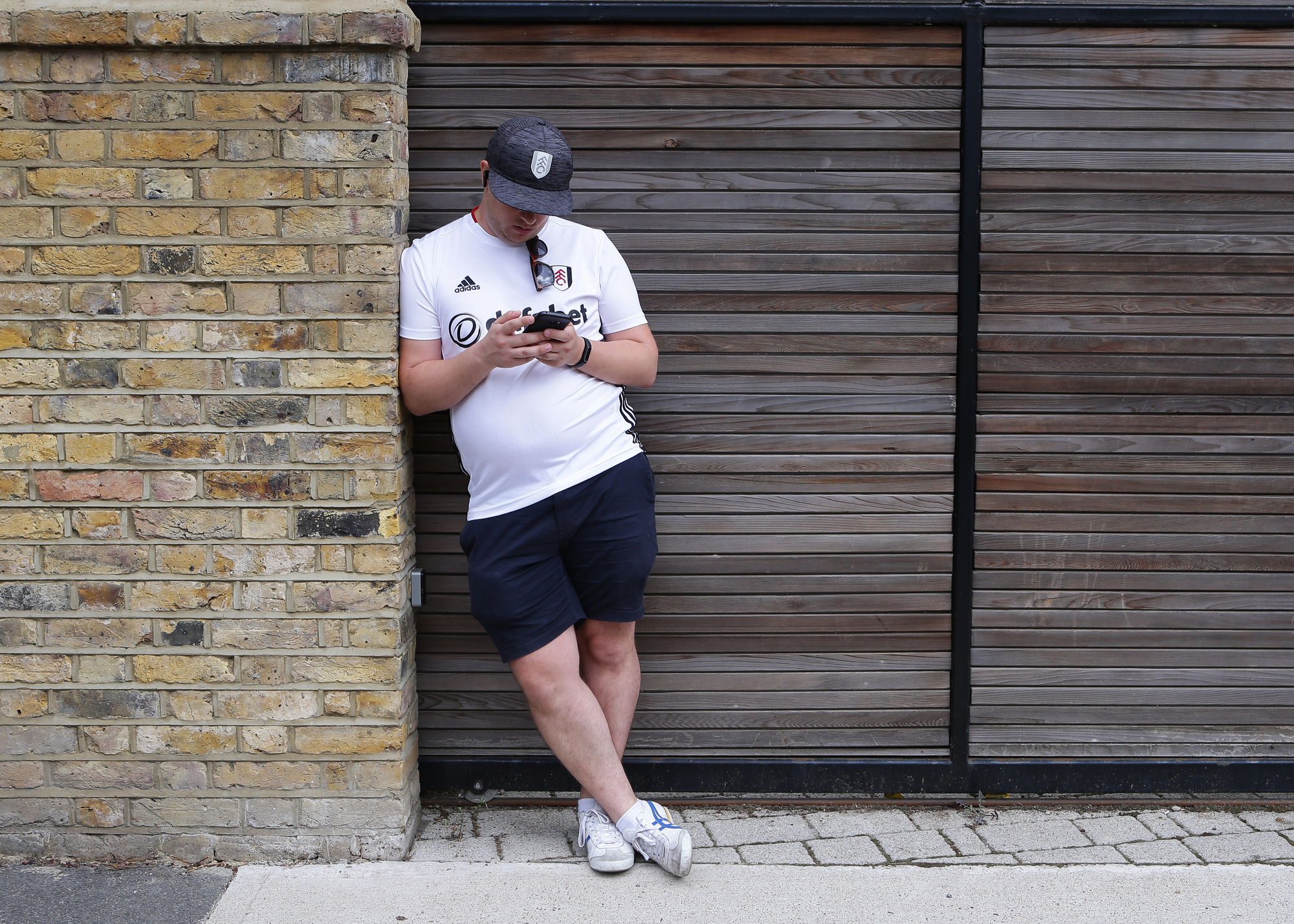A Liverpool fans' take on the causes of his football-related upset

In the world of football, there exists a community of fans whose love for the sport knows no bounds. Forza Football aims to give these fans a voice through a series of interviews. Today we meet Josh (39), who has been a Liverpool fan for 25 years now.
Josh's love for Liverpool FC goes beyond geographical boundaries. While he doesn't live in Liverpool itself, he tries to attend matches whenever he can and even travels for pre-season friendlies. His dedication is not limited to match days; he keeps himself updated with daily news and reads extensively about the club through social media. According to him, there's no "special story" behind his fandom for Liverpool. As a young football fan in the late 90s, he was just "drawn to Liverpool" through friends and the exciting young players of that era, including Robbie Fowler, Steven Gerrard, and Michael Owen. The motive aligns with what Professor Boen mentioned in a previous article.

Josh believes that his passion for Liverpool is healthy. However, he points out the influence of social media and gambling advertising on his enjoyment of the sport. "I find myself getting frustrated and upset a lot with the negativity that comes from social media and gambling advertising because I think this has a real negative impact on my enjoyment of the sport. I think that sensationalism that has found its way into social media really detracts from my ability to enjoy all of the content that surrounds the club."
Josh knows he can simply not go to places like Twitter and YouTube anymore, but it's not as easy as it may seem. "Because at the same time there's other content on there that I want to enjoy. I want to see football highlights as well and it's difficult to enjoy the good content sometimes without being subjected to negativity. I think fans have zero control over being subjected to gambling advertising, and I think that's really negative. It causes so many social problems and I feel like it's really shoved down our throat as fans."
While Josh believes that supporters have the right to hold the club to account, he does feel his beloved club Liverpool are portrayed negatively on social media by very vocal fan accounts and commenters, who don’t seem to represent the feelings of most fans inside or outside of the city. "Compared to a lot of clubs I think that Liverpool is a very stable club. I don't think the owners are anywhere close to perfect, but the vitriol from some people on social media is upsetting and it definitely reduces my enjoyment of following the club. As for the owners themselves, they've made a lot of missteps that I think are out of touch, everything from how they have handled ticketing, to furloughs in the early stages of the pandemic, to the way that they've approached plans like the Super League. I definitely get upset about those things", he explains.
Josh suggests many clubs nowadays prioritise commercial interests over the genuine connection it should have with its loyal fanbase. "If I get angry at the club's hierarchy, it's in moments like when we have a cost-of-living crisis and the club deems it appropriate to sell a new kit for 2023/24 with a £115 base price. That kind of thing is disrespectful to hard working supporters everywhere." And Josh isn't the only one who feels that way.
£115. One hundred and fifteen pounds.
— FootballShirts101 (@FS101_) May 5, 2023
For reference you can get a flight to Spain for £46, with a carry on,
So you could fly to Spain, sink a couple of beers on the beach, have some tapas, fly back, then get a dominos when you’re home and you’d still have change. This is vile. pic.twitter.com/cYT1oi8LjB
Talking about how gambling advertising has made its way into football, Josh feels it's unfair for the fans to see such content. "If you spend your hard-earned money on a club (membership, merch, tickets), then you don't expect them to slap the community in the face. I think it's content that should be regulated in the same way that other addictive products like cigarettes and alcohol are regulated. It doesn't seem right that young people have this thrust in their face from a very early age, it's in video games, kits and all over the digital and live football experience. It's disappointing when a club like Everton says they don't want to have a betting company on their front of their shirt, and then adds one the following season. It's content that's very difficult to opt out of. I would say that the level of happiness I get from watching football can be lessened in moments when there are betting ads covering the digital ad boardings most of the match and all of the content that surrounds the match experience. No one wants to be reminded of something that they think is negative or associate negatively with."
